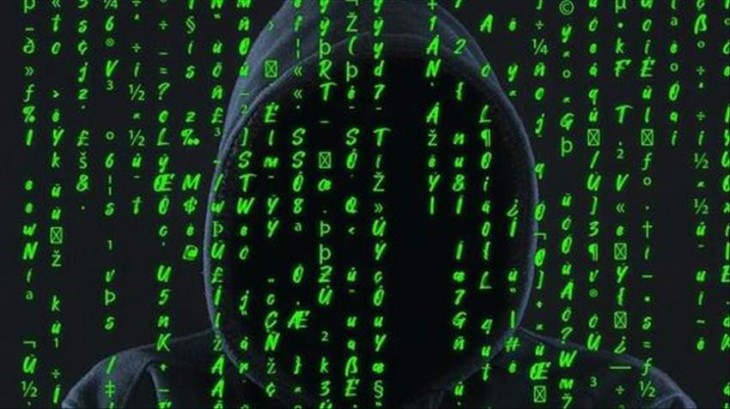Morocco has suddenly found itself among the top global targets of cybercriminal activity, experiencing a sharp spike in attacks over just seven days. Between June 4 and June 10, 2025, the country was hit by 27 cyberattacks, according to a report from Hackmanac, a platform that monitors digital threats worldwide. This surge places Morocco as the third most-targeted nation during that period, trailing only Italy, which faced 44 incidents, and the United States with 43.
In total, 218 cyber incidents were reported globally across 34 countries during that week alone. The majority of these attacks focused on public institutions and high-sensitivity targets such as ministries, security agencies, the military, and operators of critical infrastructure. Government bodies and law enforcement accounted for over a third of all incidents, reflecting a growing trend: cyberattacks are becoming more frequent, more strategic, and increasingly shaped by geopolitical tensions and the evolving tactics of hacker groups.
In Morocco, the assaults zeroed in on core strategic sectors—energy, finance, telecommunications, and public administration. These are not just essential services; they are the backbone of national stability. Interruptions in these areas could lead to major disruptions, especially at a time when Morocco is undergoing a rapid digital transformation. Some of the attacks even penetrated digital infrastructure tied to public services, highlighting the weaknesses in connected systems as the country races to digitize its institutions.
One group stands out among those behind the attacks: Keymous+, a well-known player in the international cybercrime landscape. This group frequently targets governments and corporations operating in high-stakes sectors. In Morocco’s case, recent operations linked to Keymous+ appear to have been aimed at critical government platforms and vital service operators.
This alarming wave of cyber activity comes just as Morocco is positioning itself as a digital hub for Africa. The nation has made significant strides in rolling out online services, streamlining government procedures, and fostering innovation through fintech and e-government platforms. But with growing digital reach comes increased exposure to cyber threats. The more interconnected systems become, the more attractive—and vulnerable—they are to malicious actors.
What raises the stakes even further is Morocco’s emerging role as a regional tech leader and a key partner in numerous international digital initiatives. In this context, any failure in cybersecurity—whether due to system flaws or targeted intrusions—risks undermining not just national security but also digital sovereignty and public trust.
Experts are now urging a rapid escalation in defensive capabilities. The challenge is twofold: institutions and businesses must invest in resilient infrastructure and deploy advanced threat detection tools to stay ahead of attackers. That means more funding for cybersecurity, expanded training programs, and stronger data governance frameworks.
Morocco has already begun to respond with national cybersecurity policies and a series of public-private initiatives aimed at building a more robust digital defense. Yet, the intensity and precision of this latest wave of attacks serve as a stark reminder: the threat is systemic, and staying protected requires constant adaptation to an ever-shifting digital battlefield.
